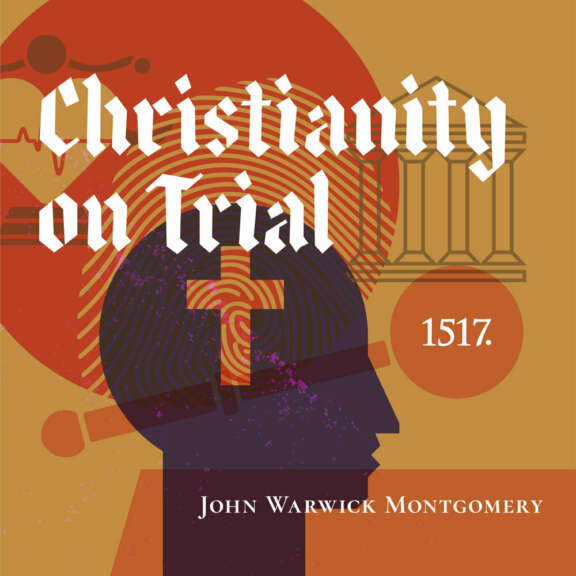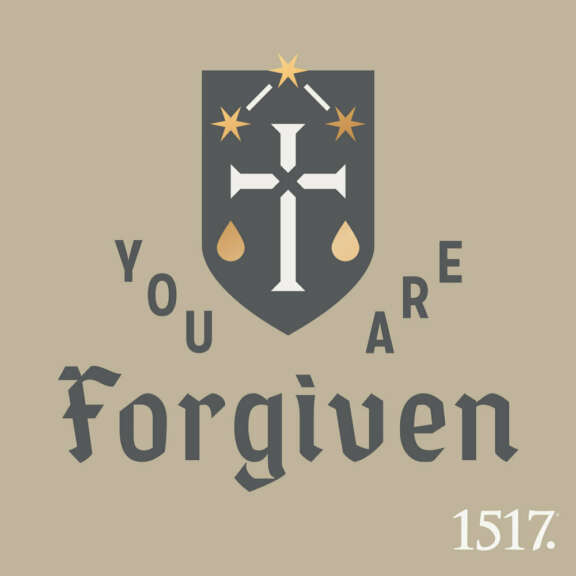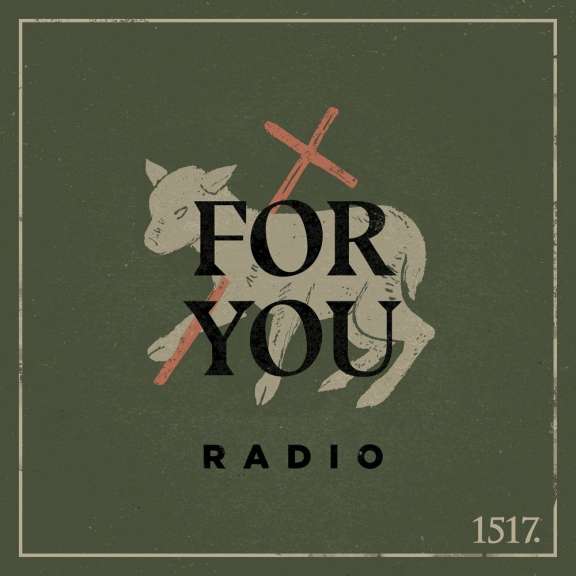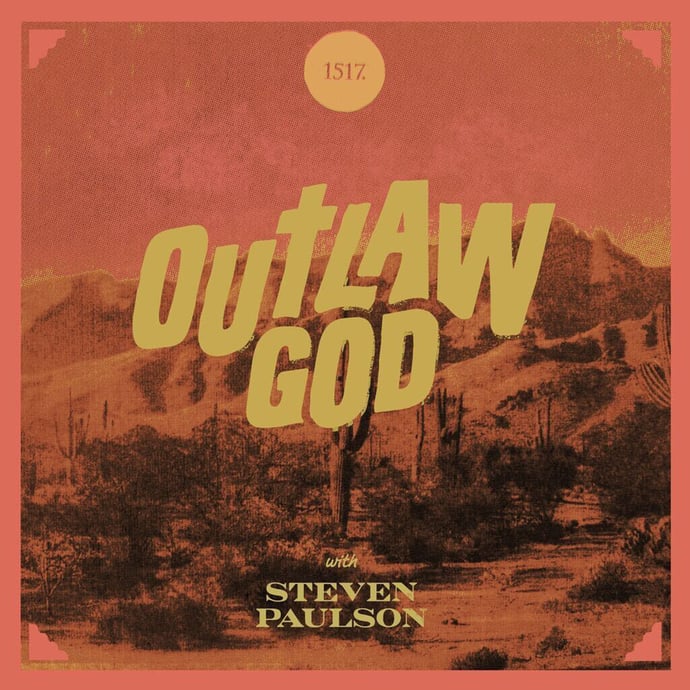In this episode, Gretchen and Katie tackle a question from a listener about baptism. What do we believe? What does it mean? What does it do?
Podcasts
Each 1517 Podcast is dedicated to delivering Christ-centered content through weekly, monthly, and seasonal audio platforms. Listen online or on your favorite podcasting app.
Author
- All Authors
- Aaron Zimmerman
- Adam Francisco
- Amy Mantravadi
- Blake Flattley
- Bob Hiller
- Bradley Gray
- Brian W. Thomas
- Bror Erickson
- Bruce Hillman
- Caleb Keith
- Chad Bird
- Chris Rosebrough
- Christopher Gillespie
- Cindy Koch
- Craig Donofrio
- Dan van Voorhis
- Daniel Deen
- Daniel Emery Price
- Darrin Sheek
- David Andersen
- David Rufner
- David Zahl
- Debi Winrich
- Delwyn Campbell
- Donavon Riley
- Doug Klembara
- Edward Killian
- Elyse Fitzpatrick
- Erick Sorensen
- Flame
- Grant Klembara
- Gretchen Ronnevik
- Haroldo Camacho
- Jacob Smith
- Jared C. Wilson
- Jeff Mallinson
- Jeffrey Pulse
- Jessica Thompson
- Jim Nestingen
- Joel Fitzpatrick
- Joel Hess
- John Andrew Schreiner
- John Bombaro
- John T. Pless
- John W. Hoyum
- John Warwick Montgomery
- Katie Koplin
- Kelsi Klembara
- Ken Sundet Jones
- Magnus Persson
- Matt Popovits
- Michael Berg
- Michael Horton
- Nick Lannon
- Paul Koch
- Peter Nafzger
- Philip Bartelt
- Raleigh Sadler
- RJ Grunewald
- Robert Kolb
- Rod Rosenbladt
- Ron Hodel
- Sam Leanza Ortiz
- Sarah Condon
- Sarah Crowder
- Scott Davis
- Scott Keith
- Steven Paulson
- Tanner Olson
- Troy Neujahr
- Uwe Siemon-Netto
- Wade Johnston
- William Cwirla
-
Welcome to Christianity on Trial, where the claims of Christianity are examined and judged by the rules of evidence as used in the court of law. Your host, Dr. John Warwick Montgomery, is a lawyer, a theologian, an author, and an accomplished defender of biblical Christianity. He is no stranger to the rules of evidence or the courtroom. So with our skeptical world for the prosecution and Dr. John Warwick Montgomery for the defense, stay with us as we listen in on Christianity on Trial.
-
Pastor Hiller Teaches On Luke 13:1-9
-
Jesus does Jesus stuff, but more Jesus workers are needed to do Jesus stuff, so Jesus apostles His disciples so that more Jesus stuff can get done . . . or something like that.
-
“Religion is predicated on the idea that our time here is short and should be shorter, that our job is to bring on the end of days. This is just a veil of tears and guilt and shame. This, the only life we have—the only life we have that contains music and art and literature and solidarity and sex and love—all of this should be swept away. We can’t wait for the end times to come. That’s what they all have to believe.”
-
Welcome to Christianity on Trial, where the claims of Christianity are examined and judged by the rules of evidence as used in the court of law. Your host, Dr. John Warwick Montgomery, is a lawyer, a theologian, an author, and an accomplished defender of biblical Christianity. He is no stranger to the rules of evidence or the courtroom. So with our skeptical world for the prosecution and Dr. John Warwick Montgomery for the defense, stay with us as we listen in on Christianity on Trial.
-
Pastor Hodel Teaches on Mark 4:34-41
-
"Your faith has made you well" . . . except faith never believes in itself, but trusts only in its object, namely Jesus.
-
“We were baffled by climatic and cataclysmic events: earthquakes, tidal waves, storms, lightning. All of this was to us terrifying. Religion works as an attempt, then, to make sense of things. We are pattern-seeking mammals, after all. It’s a good thing that we are, because if we weren’t pattern-seeking mammals, our curiosity would have no outlet and we wouldn’t be capable of the great innovations that have liberated us from so many things, including religion.”
-
Dr. Paulson and Caleb are joined by Adam Guthmiller once again. This time they talk about faith and certainty in Luther's refutation of Erasmus.
-
You are the man.
-
Pastor Thomas Teaches On Ephesians 1:3-14






